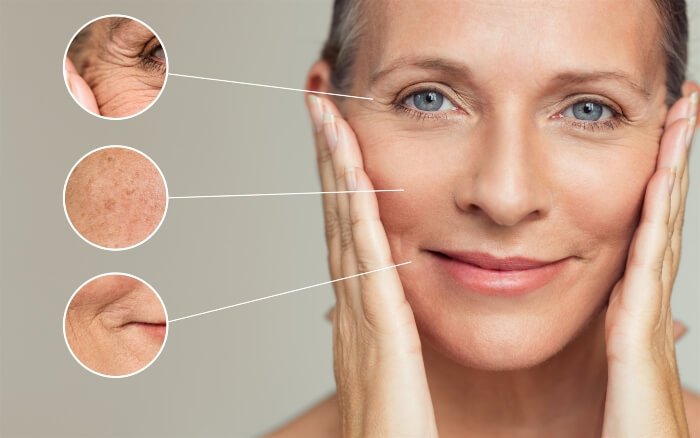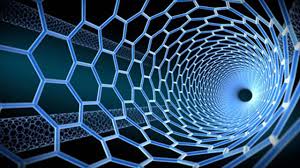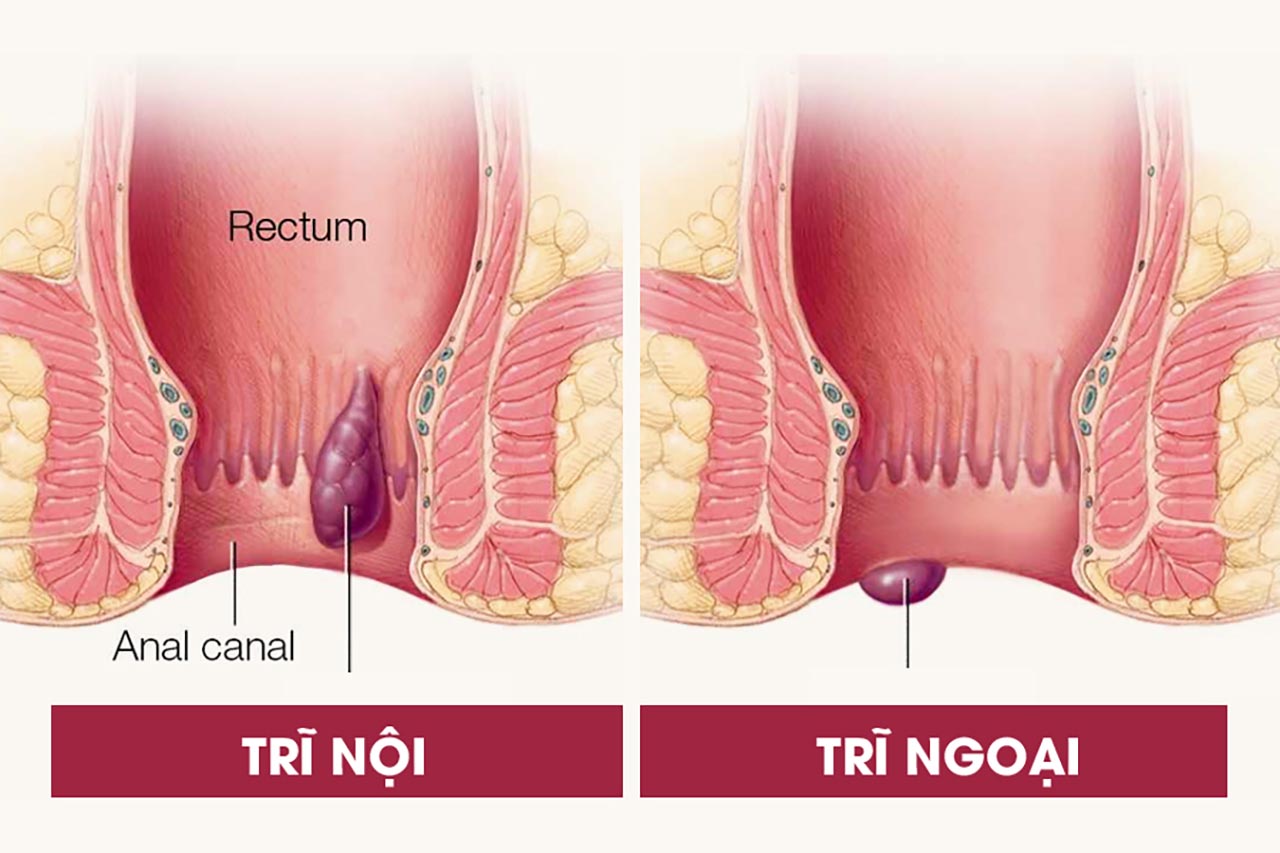Collagen plays an indispensable role in the health of the body as well as the skin. However, each type of collagen responsible for a different function.
Among them, collagen type 1, 2, 3 (type I, II, III) are most found in the body and play many important roles. Let’s join OIC NEW to find out what type 1, 2, 3 collagen is and what their role are!
1. What is Collagen?
Collagen is an important protein that accounts for 70% of skin structure and 25-35% of total protein in the body.
Collagen can be found in many connective tissues such as bones (20%), joints (50%), corneas (approximately 100%) and many fibrous tissues such as ligaments, tendons, and skin.
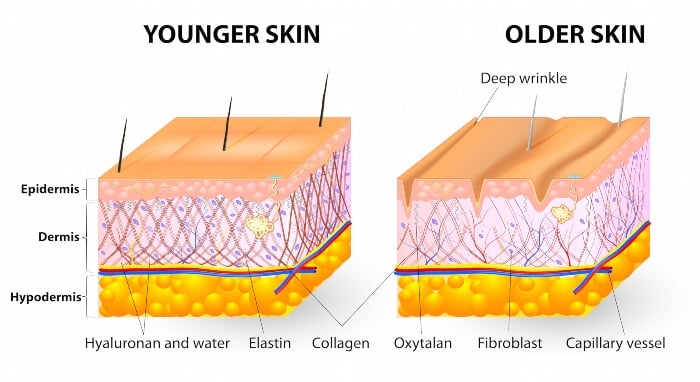
Collagen is the protein that accounts for 70% of the skin structure, keeping the skin looking smooth
Collagen has a long fiber form, mainly distributed in the dermis layer and acts as a binder that connects the tissue cells into a complete structure, keeping the body firm and stable.
In beauty, collagen plays an important role in creating a smooth, elastic look for the skin. The collagen content in your body will gradually wear out with age and collagen production will also decrease.
When collagen is in short supply, you may experience symptoms like joint pain, stiffness in tendons or ligaments, muscle weakness, wrinkled and sagging skin.
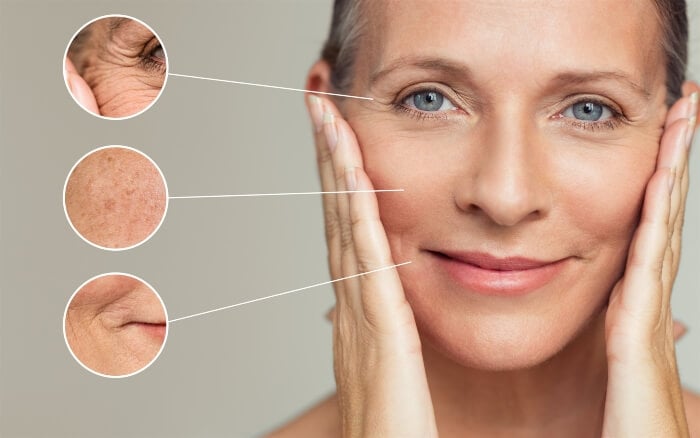
2. Categorize the types of Collagen
2.1 What is Collagen type 1?
Collagen type 1 is made up of dense fibers, accounting for more than 90% of the collagen in the human body.
Collagen type 1 is the type of collagen that contributes to the structure of skin, bones (the main component of the organic part of bones), tendons, blood vessels, cartilage fibers, connective tissue and teeth.
Collagen type 1 accounts for 95% of the collagen in the tendons and 90% of the collagen in the ligaments. They have a twisted structure that will create flexibility and elasticity for the skin, tendons and ligaments, minimizing bone injuries.

2.2. What is Collagen type 2?
Collagen type 2 is the type of collagen contained in protein fibers in the body, plays an important role in maintaining the elasticity of tissues. Collagen type 2 is found in elastic cartilage, joint cushion and eyes.
In young people, type 2 collagen accounts for more than 80% of the total collagen in the cartilage and in adults, this rate increases to more than 90%. Collagen type 2 is often applied to support products for the prevention and treatment of diseases related to bones and joints.
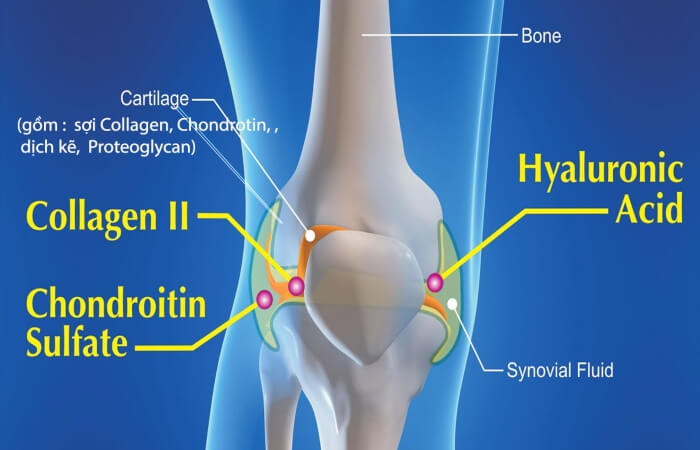
Lacking of type 2 collagen will lead to rapid deformation and aging of joint cartilage.
2.3. What is Collagen type 3?
Collagen type 3 is closely related to collagen type 1 and is located mainly in the lining of the stomach, muscles, and blood vessels.
Collagen type 3 works with collagen type 1 to create supplements for skin, bones, and muscles.
3. What are the functions of Collagen type 1, 2, 3?
3.1. Functions of Collagen type 1 and 3
Collagen type 1 and type 3 play an important role in the formation and development of your skin cells.
The two work closely together to strengthen the bonding of skin muscles, help minimize and fade wrinkles, retain moisture and enhance skin elasticity.

Collagen types 1 and 3 are widely used in overcoming aging skin, nourishing skin more youthful
In particular, these two types of collagen are indispensable components in the process of building and supporting bone structure more firmly. In addition, Collagen type 1 and type 3 also contribute significantly to making nails strong, hair grows faster, thicker and healthier.
They also help you build muscle and burn fat. If you want to nourish healthy and beautiful skin, improve skin elasticity, you should choose products containing Collagen type 1 and type 3.
3.2 Functions of Collagen type 2
Unlike Collagen type 1 and type 3, Collagen type 2 plays an important role in bone and joint cartilage. Collagen type 2 accounts for up to 60% of the protein in cartilage and 95% in joint collagen.
Collagen type 2 will provide essential nutrients to build, nourish and maintain the health of joint cartilage. Thanks to that, you can move easily and flexibly, reducing the likelihood of osteoarthritis.

Some bone and cartilage diseases that you can have when collagen type 2 deficiency are: dry joints, arthritis, aching joints, difficult movement, …
Conclusion
Through this article, you probably already know what is Collagen type 1, 2 and 3 are, right? It is worth noting that you cannot supplement with these three types of collagen at the same time or they will not be fully effective.







